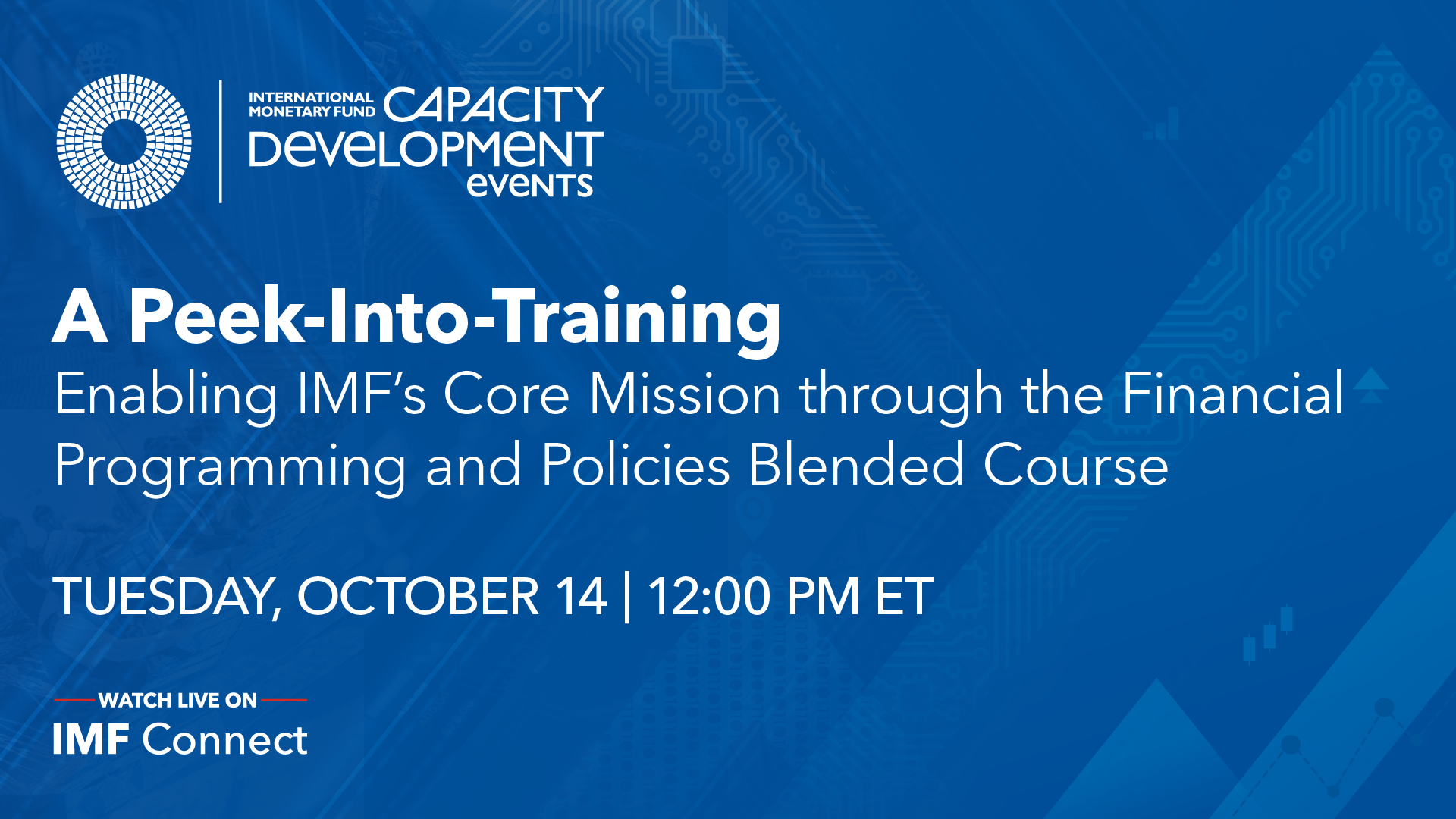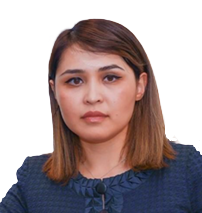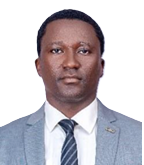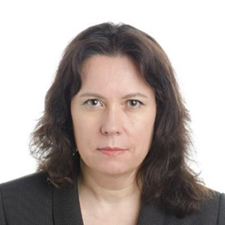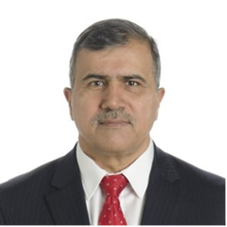Financial Programming and Policies is the IMF Institute for Capacity Development’s longest-running flagship course, designed for both new IMF economists and policymakers from our member countries. It equips economists with the skills and tools necessary to build and update a macroeconomic framework for an economy. This enables government officials and IMF staff to better understand how countries will adapt to shocks and changing economic environments—and if needed, how to design adjustment programs to address vulnerabilities. The course has been recently upgraded to a blended format, allowing part of the learning to be conducted at students’ own pace online, while maintaining the critical element of in-person training, especially hands-on workshops focused on building macroeconomic frameworks and using them in negotiating the economic adjustment programs. The session will showcase how the Financial Programming and Policies Blended Course enables participants to assess policy options amid changing economic conditions.
At the conclusion of the session, we will also present the updated IMF Training Program, which will introduce the concept of illustrative learning paths for the first time.
